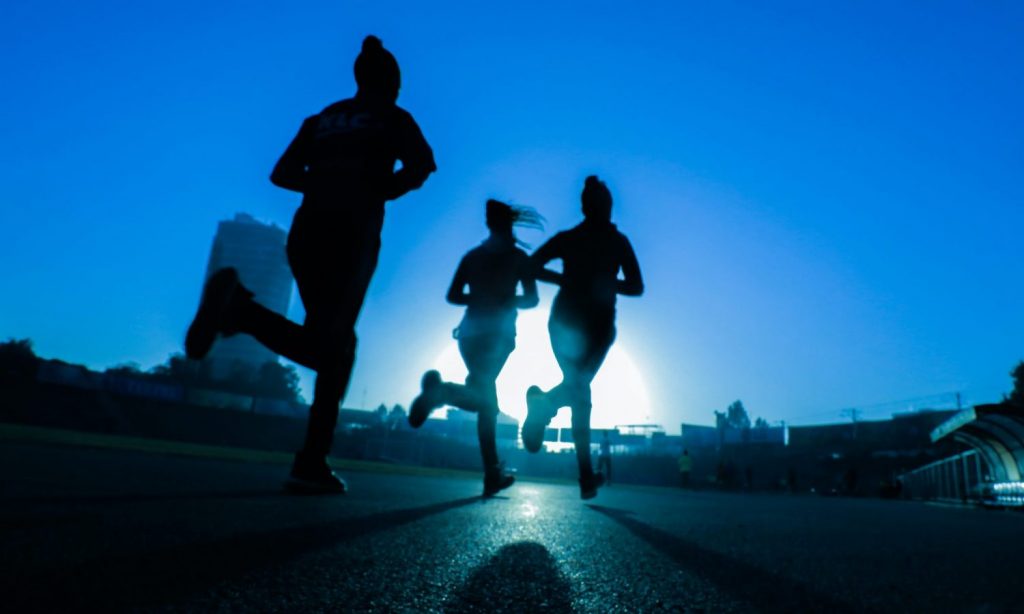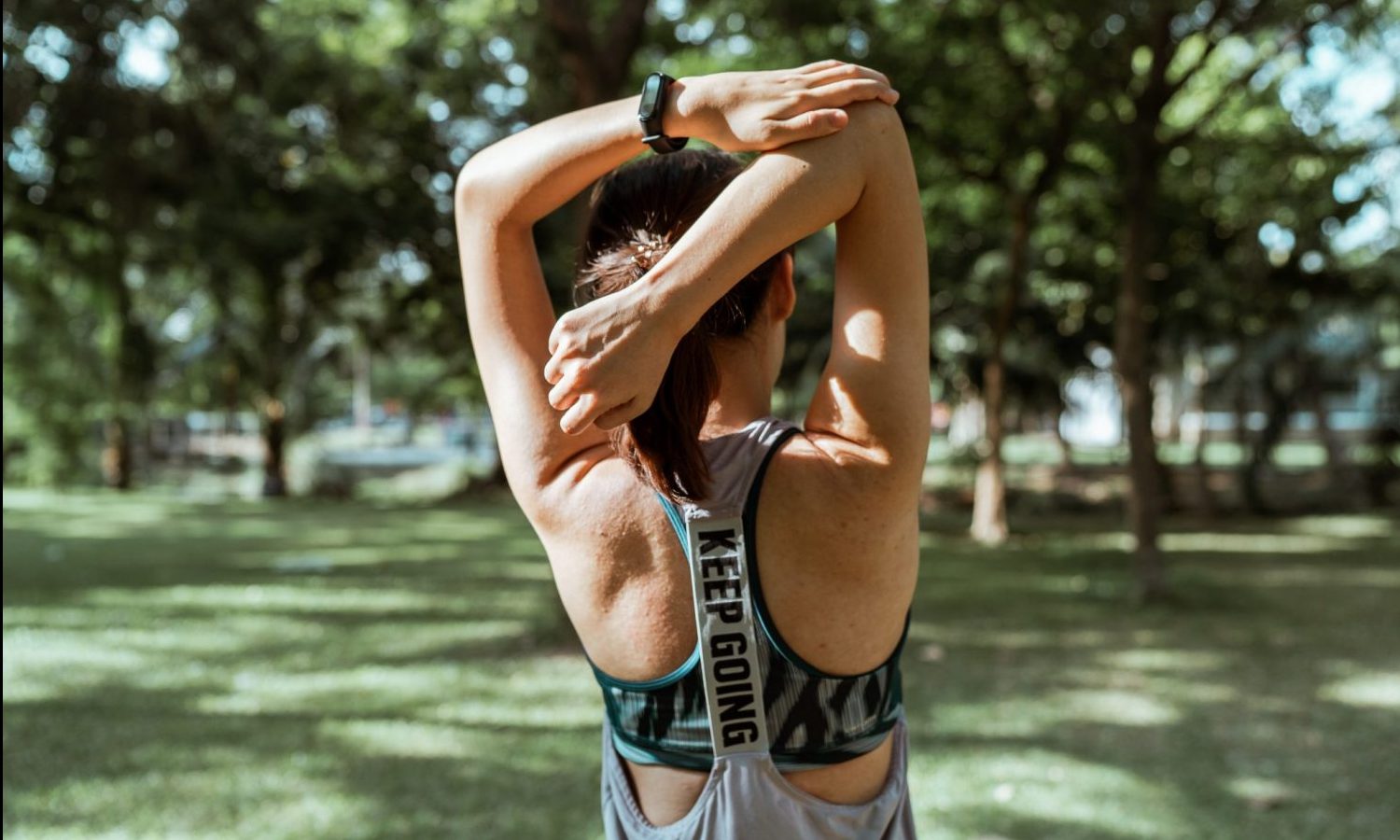Muscle cramps are relatively harmless, but when they occur in these body parts they could suggest that there’s an underlying issue going on.
Cramps usually occur when we’re overusing a muscle, spending too much time in the same position, or we’re dehydrated. They can occur in any part of our bodies and they’re usually not a sign of alarm. But in some cases, cramps could be a signal of an underlying health condition and should be tended to immediately, especially when faced with extreme weather, like a heat wave.
According to The Chicago Sun Times, initial symptoms of heat illness can include cramps and you should look out for them in areas like your calves, thighs, arms or abdomen. These cramps can appear before more serious symptoms take place, like heatstroke or heat exhaustion, and it’s important to address them as soon as you can by finding shelter from the sun and staying hydrated.
RELATED: You Should Monitor Your Wine Intake If You Suffer From This Medical Condition

When faced with very hot weather, your body rids itself of nutrients and liquids much faster, which can result in muscle cramps. In order to treat these cramps and prevent them from developing into something more serious, it’s important to find shelter and hydrate, perhaps by drinking a sports drink, which can replenish your lost electrolytes more quickly.
Heat illness is very easy to confuse as simply feeling hot and sweaty. Cramps are a good indicator that the heat has taken a abnormal toll on your body and should be taken seriously, since afterwards people are likely to experience symptoms of heat exhaustion, which include atypical heart rate, heavy sweats, nausea, vomiting, and more.
RELATED: How To Exercise Outdoors When It’s Very Hot
The best way to protect yourself against very hot weather is to avoid underestimating it, something that isn’t all that easy to do. Prepare ahead of time by hydrating regularly and wearing the appropriate clothes so that your body has room to breathe and move comfortably. Keep your eye out for symptoms of exertion, stopping if you feel like the heat is getting difficult to deal with.


